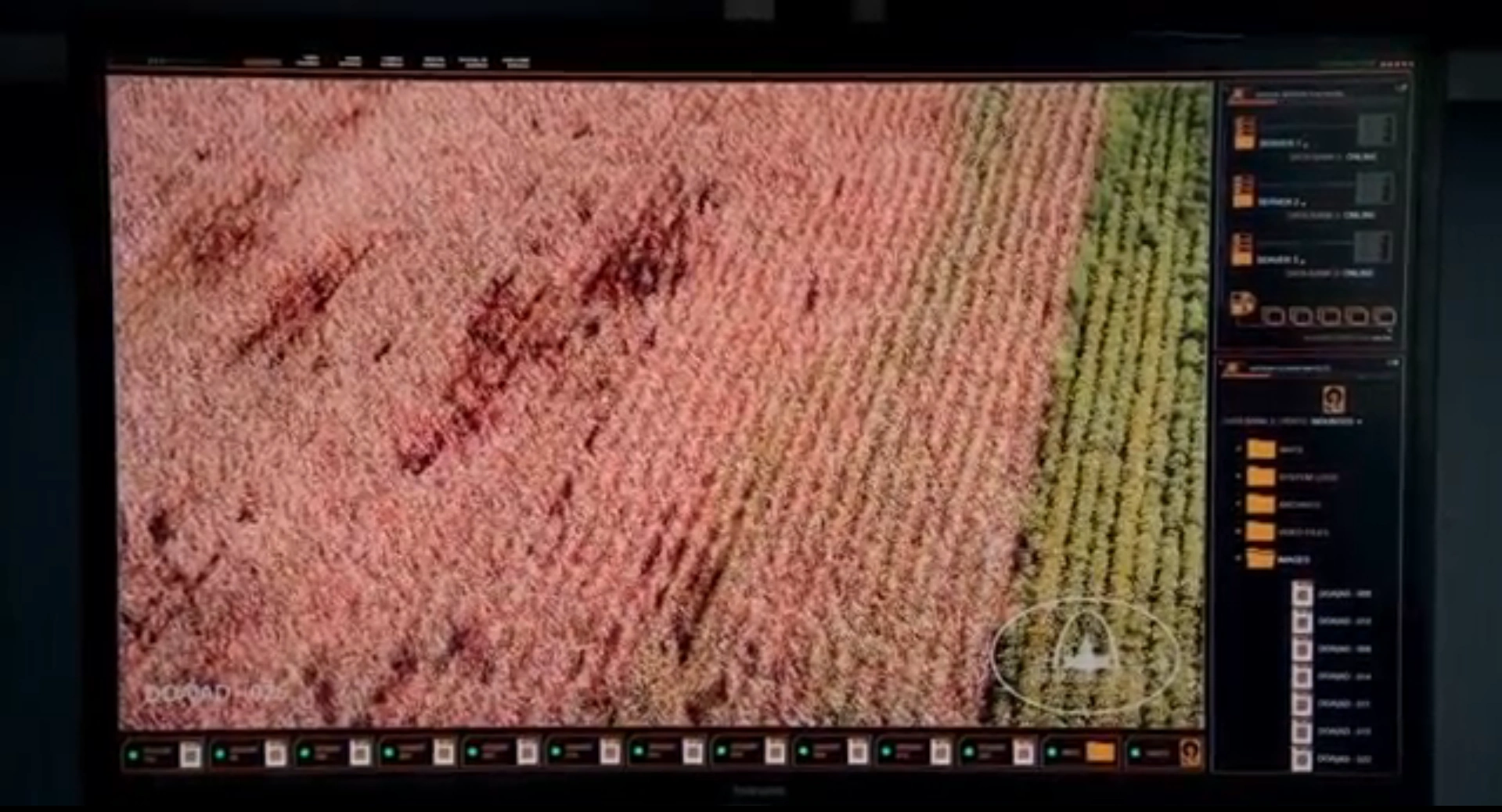Thanks BenLurkin.
Posted on 12/21/2017 3:31:44 PM PST by BenLurkin
Mr Jiapeng Chen, a PhD candidate from the University of Sydney who initiated the work by sequencing and analysing the genome of a virulent rust isolate, said this was the first important step in addressing the diagnostic challenges posed by ever-changing fungi, which result in new rust pathogen strains.
Professor Park explained: "It's like an ongoing arms race - we've got to keep one step ahead of this changing pathogen.
"The last major epidemic of wheat stem rust in Australia alone, in 1973, caused $AU300 million in damage - imagine what that would be today."
Co-corresponding author, Dr Peter Dodds from the Commonweatlh Scientific Industrial Research Organisation, said demand for wheat in the developing world was expected to jump 60 percent by 2050 and in economic terms alone the ramifications were huge.
"Now that we've identified how stem rust strains are able to overcome Sr50 resistance - by mutation of a gene we've identified called AvrSr50 - this information can be used to help prioritise resistance genes for deployment.
(Excerpt) Read more at phys.org ...
Can they tell us why Rust never sleeps?
Could it be possible, that the rust protects the wheat from another threat?
Oh...stem rust. That’s bad. Well, might the gene itself protect the wheat from something else?
Courtesy ping
***Can they tell us why Rust never sleeps?***
Reminds me of a T-shirt sign I saw years ago in the late 1970s.
“Step outside, and on a cold clear night you can hear a CHEVY RUST!”
“...challenges posed by ever-changing fungi...”
Actually, I’ve found that apple cider vinegar
works pretty well...on the feet.
Thanks BenLurkin.


“demand for wheat in the developing world was expected to jump 60 percent by 2050”
Yeah, just like we ran out of crude oil in 1980.
How come it isn’t illegal to issue Malthusian nonsense predictions?
Disclaimer: Opinions posted on Free Republic are those of the individual posters and do not necessarily represent the opinion of Free Republic or its management. All materials posted herein are protected by copyright law and the exemption for fair use of copyrighted works.